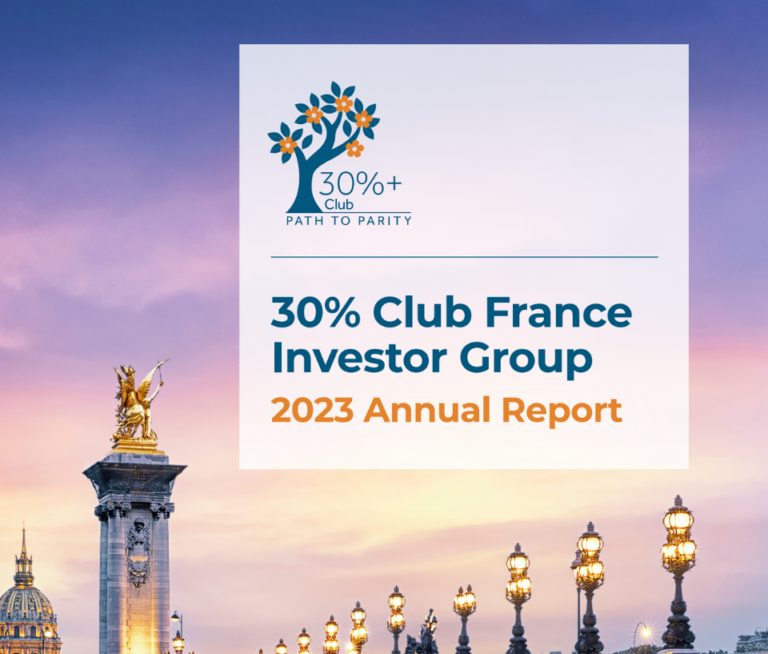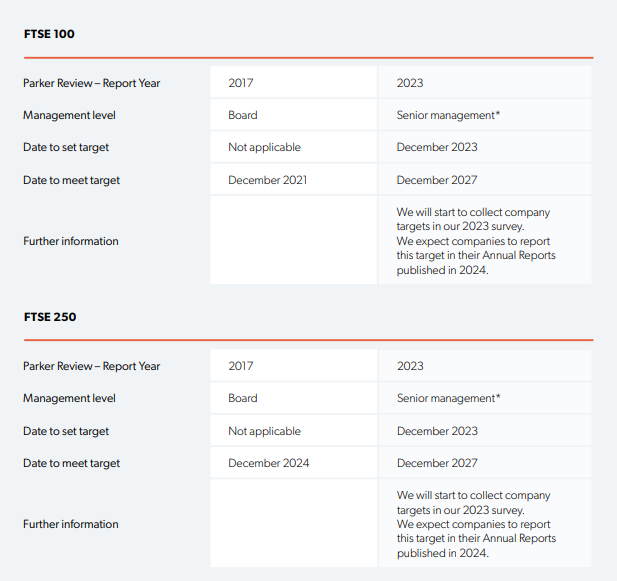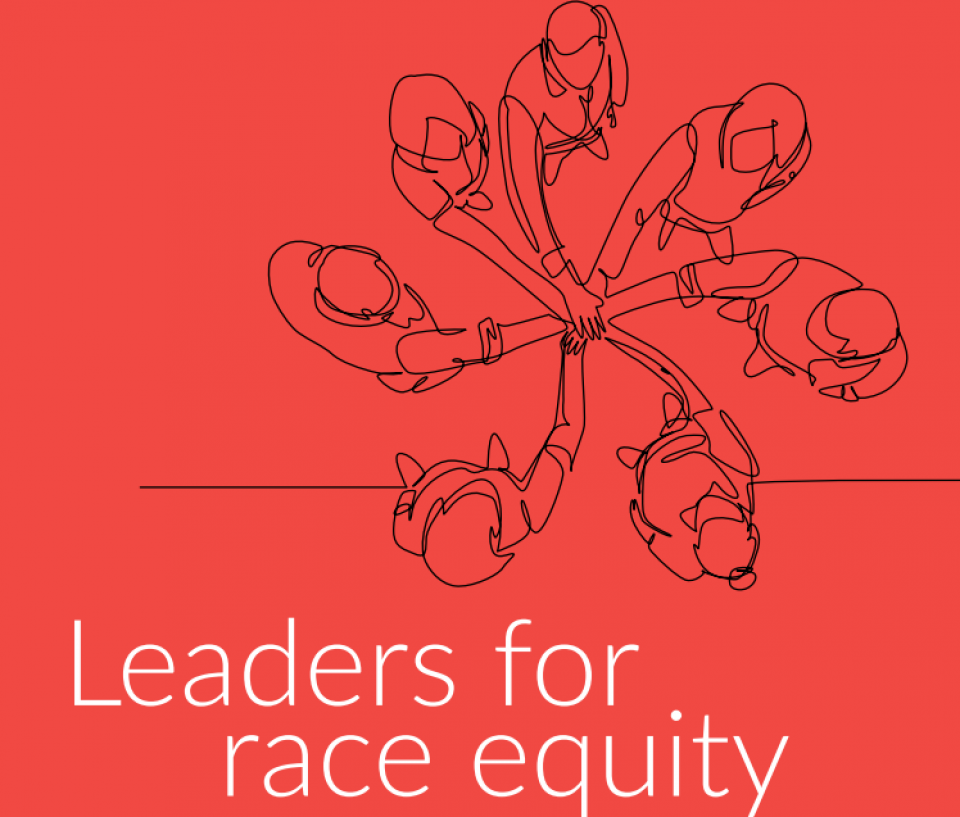Leading enterprise finance management platform, OneStream, released the findings from a study of senior finance leaders across Europe and the US. Part of the ongoing Finance 2035 Initiative, the report – entitled The Glass Chair – explores the measurable business value of diversity in finance leadership as well as the routes women take to the CFO role, the barriers they face on the way, and the accelerators that help them advance.
Women in finance deliver measurable growth
The Glass Chair reveals that only 22% of CFO roles in the FTSE 100 are currently held by women. However, despite this disproportionate representation, UK companies with women in the top finance position often outperform industry benchmarks and increase the value of their firms. On average, publicly listed companies in the UK led by women CFOs deliver a 2.6% annualised shareholder return, outperforming industry benchmarks by approximately 1.5% per year.
The study found that underperforming UK companies saw an average 13% improvement in total shareholder return after appointing a woman as CFO, compared to the performance under their predecessor. Notably, this uplift was observed even when firms continued to lag behind industry benchmarks overall.
Routes to CFO: Broader experience, deeper impact
The research reveals that women take longer to reach the CFO seat – averaging 20 years in the FTSE 100 – and change roles and companies more frequently along the way. According to LinkedIn analysis, 39% of women CFOs in the UK have backgrounds that reflect a non-linear career trajectory, including operating or cross-functional roles outside of core finance.
As a result, women often have a broader enterprise-wide perspective, deeper operational acumen and stronger leadership experience. This positions them to balance financial strategy with people development, risk management and cross-business collaboration – all qualities critical to the modern CFO.
Skills that define the future finance leader
The study found that women are prioritising the capabilities most critical for tomorrow’s CFO role. Two-thirds of women finance leaders in the UK (65%) say automation, especially AI, is enabling different types of expertise to enter the role, and 70% identify digital literacy as an important skill for the future.
However, a recent pulse survey on Finance Talent by OneStream reveals a powerful opportunity. While 73% of women finance professionals across the UK and the US are eager to build AI skills, they are less confident and less likely to adopt AI tools than their peers. In fact, just 24% of women expect to rely significantly on AI tools.
Women finance leaders’ focus on transparency, governance and risk management offers one reason why they’ve taken a more cautious approach to adopt more generic AI toolsets, which lack the context, accuracy, and transparency required for effective financial decisions and performance. Closing this gap in AI transparency and accuracy is one of the fastest ways for women to build confidence and competence in AI adoption across finance and an accelerant to empowering women leaders who already demonstrate competencies in other areas critical to the future CFO role.
“Our research shows that companies led by women CFOs often outperform their peers, particularly when these leaders are appointed to underperforming organisations. Their breadth of experience and strategic insight can be game-changing,” said Aisling Harney, Senior Director of International Finance at OneStream Software. “AI and automation have the potential to fuel the next wave of inclusive leadership – but only if we can close the AI confidence gap. Ensuring equal access to upskilling, mentorship and leadership pathways will be essential to help women find their digital edge.”
Unlocking the value of inclusive finance leadership
While women CFOs bring the diverse skillsets, resilience and enterprise-wide perspective that the modern CFO role demands, many cited several structural barriers that slowed their progression. These include economic downturns disrupting organisational structures, complex workplace politics, limited access to mentorship, challenges balancing work and personal life, and skills gaps within finance teams. In delaying advancement, these barriers also postpone the
business value captured from having women in the CFO role.
When reflecting on the factors that have contributed to their career progression, women in senior finance positions identify the following:
- Commitment to continuous professional development (e.g., finance accreditations)
- Networking opportunities
- Transparent promotion processes
- Mentorship and sponsorship
- Technological advancements
The companies that invest in these areas won’t just help close the gender gap; they’ll unlock the strategic edge that diverse finance leadership brings, positioning themselves for long-term success.
To access the full findings of the research and download a copy of The Glass Chair report, please visit https://www.onestream.com/resources/the-glass-chair/.











